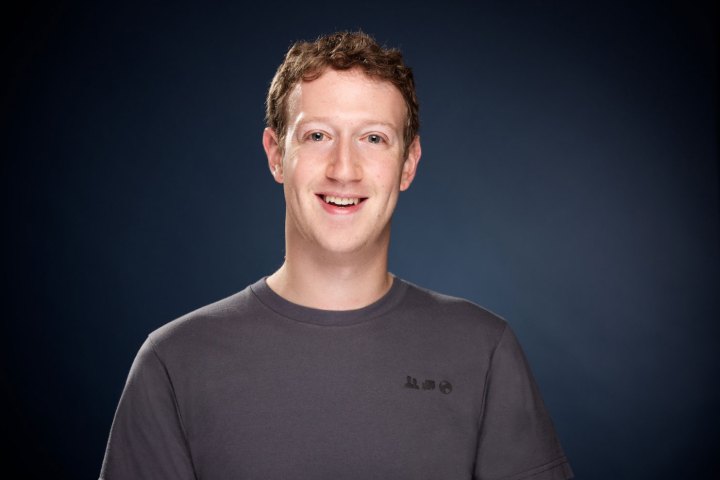
During the discussion, Zuckerberg attempted to define what exactly Facebook is. Having been quizzed on his company’s expanding media footprint in the past, perhaps the Facebook founder felt it was time to put the debate to rest. Did his explanation help settle the discussion once and for all? Well, not exactly.
According to Zuckerberg, Facebook is not a “traditional” media company, nor is it a traditional technology company. Right, thanks for clearing that up Mark. Before deciphering what he meant by that statement, here are his comments in full, transcribed from the live-stream:
“Facebook is a new kind of platform. It’s not a traditional technology company. It’s not a traditional media company. We build technology and we feel responsible for how it’s used. We don’t write the news that people read on the platform, but at the same time we know that we do a lot more than just distribute news. We’re an important part of the public discourse.”
The statement marks a significant change in position since Zuckerberg’s comments on the issue in August, when he said at an event in Italy that Facebook is a technology company and “is not a media company.” Similarly, in October, Sandberg echoed that statement when she said that
Now, the CEO is admitting that Facebook actually does more than just “distribute the news.”
The way Facebook handles content on its service has been criticized in the wake of the U.S. election. The spread of fake news on
Speaking on the issue of fake, spam, and misleading news, Zuckerberg said: “And reflecting on 2016, this is just something that I’m proud that people in this company take so seriously.”
When Zuckerberg talks of his company’s technology and “how it’s used” he’s likely referring to the content it allows users to create, such as Live Video, and Facebook’s strict censorship guidelines.
There’s also the fact that Facebook’s News Feed algorithm does curate content for its users based on their activity — adding more fuel to the fire when it comes to allegations that Facebook is editing items and selecting content in the way a media outlet does. Additionally, the company has been inking multi-million-dollar content partnership deals with select media companies that use its Live Video and Instant Articles publishing features.
Given these recent moves, it’s no wonder the Facebook CEO is gradually changing his stance on the topic.


